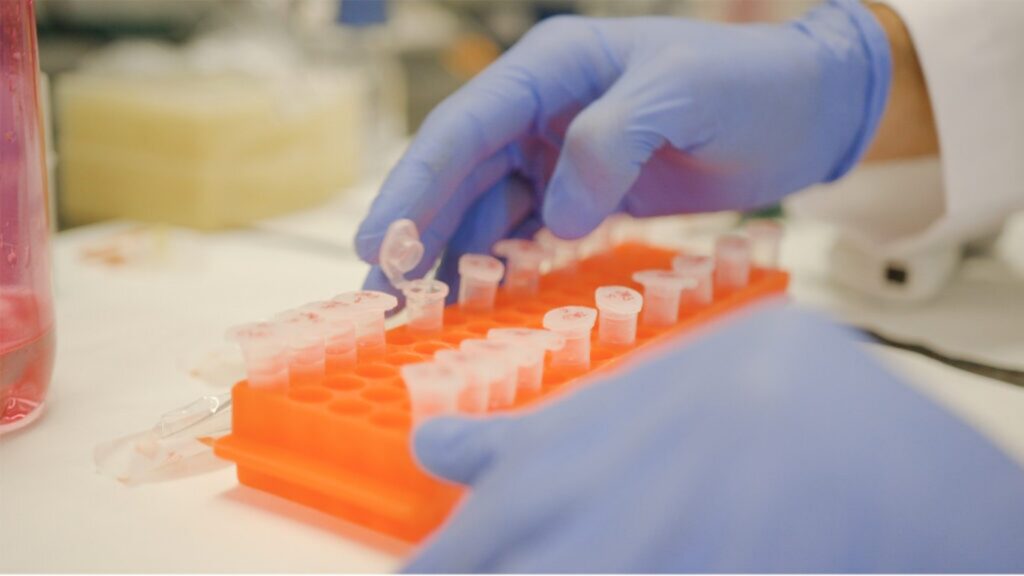Described a new molecular mechanism altered in breast cancer development
About 10% of breast cancers are due to mutations in genes called BRCA1 and BRCA2. Still, it is not yet fully known the molecular mechanism that explains how the alteration of these genes greatly increases the risk of cancer. An international team led by the researcher of the IDIBELL and the Catalan Institute of Oncology […]
Described a new molecular mechanism altered in breast cancer development Read More »



